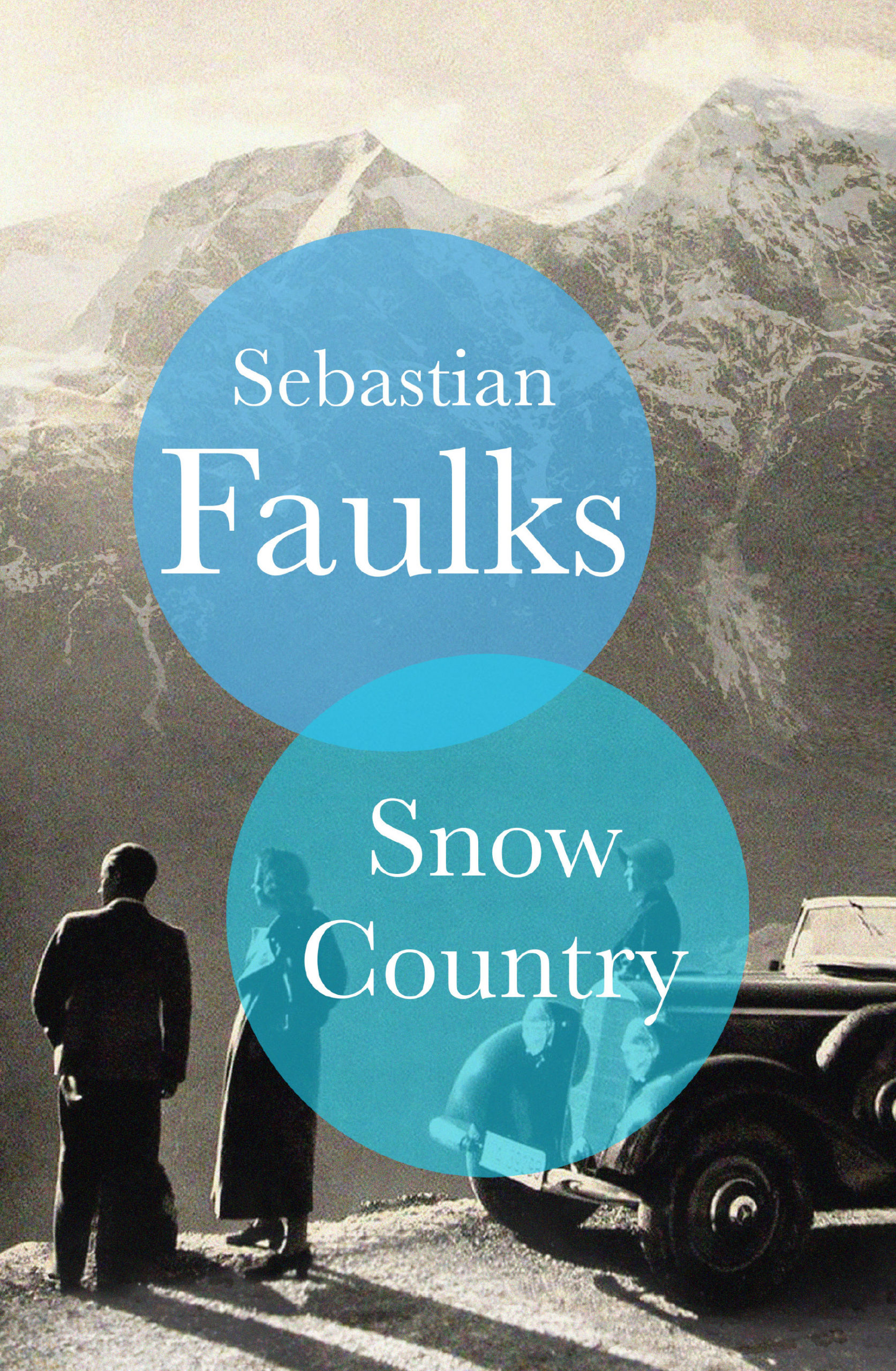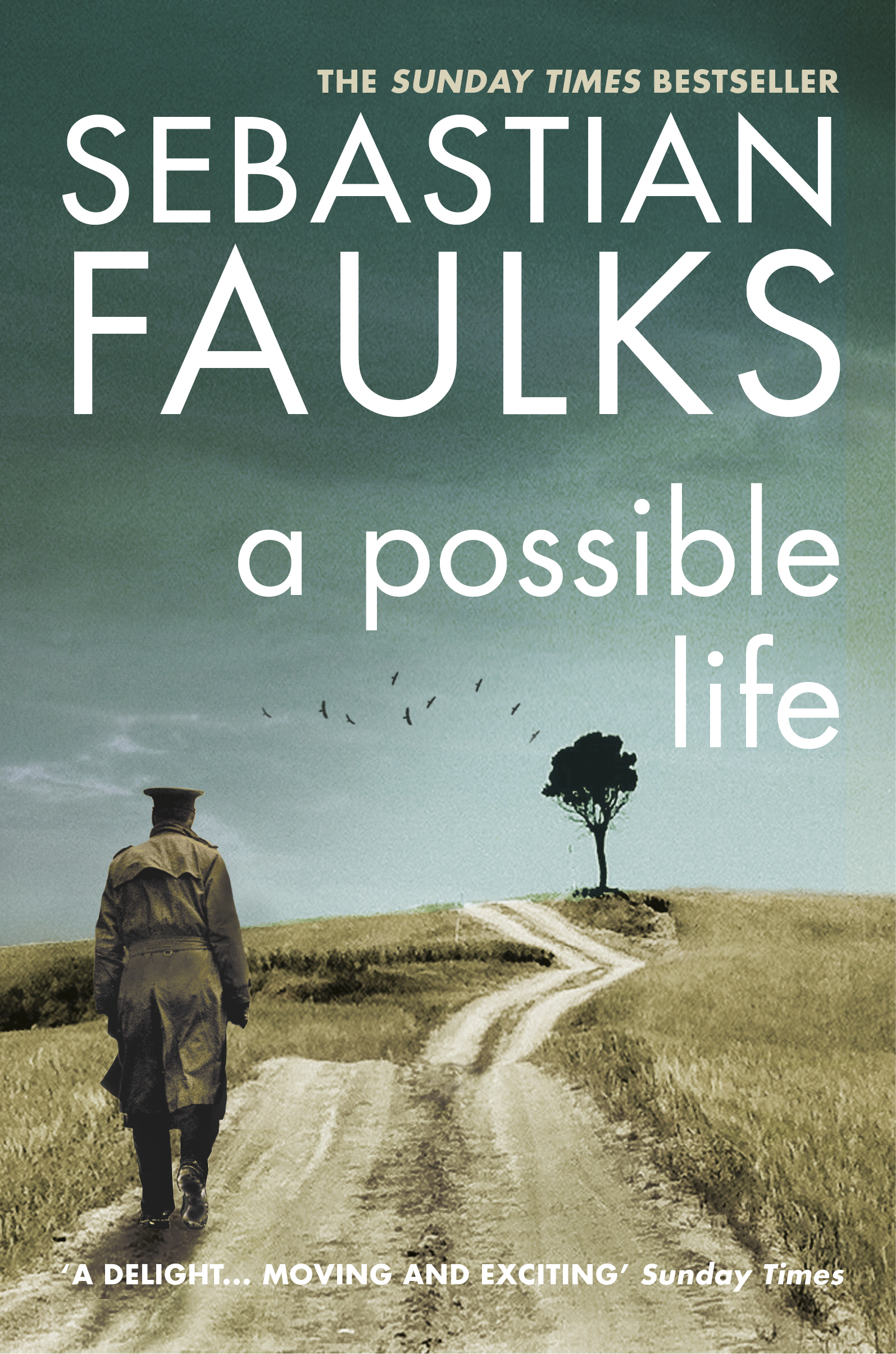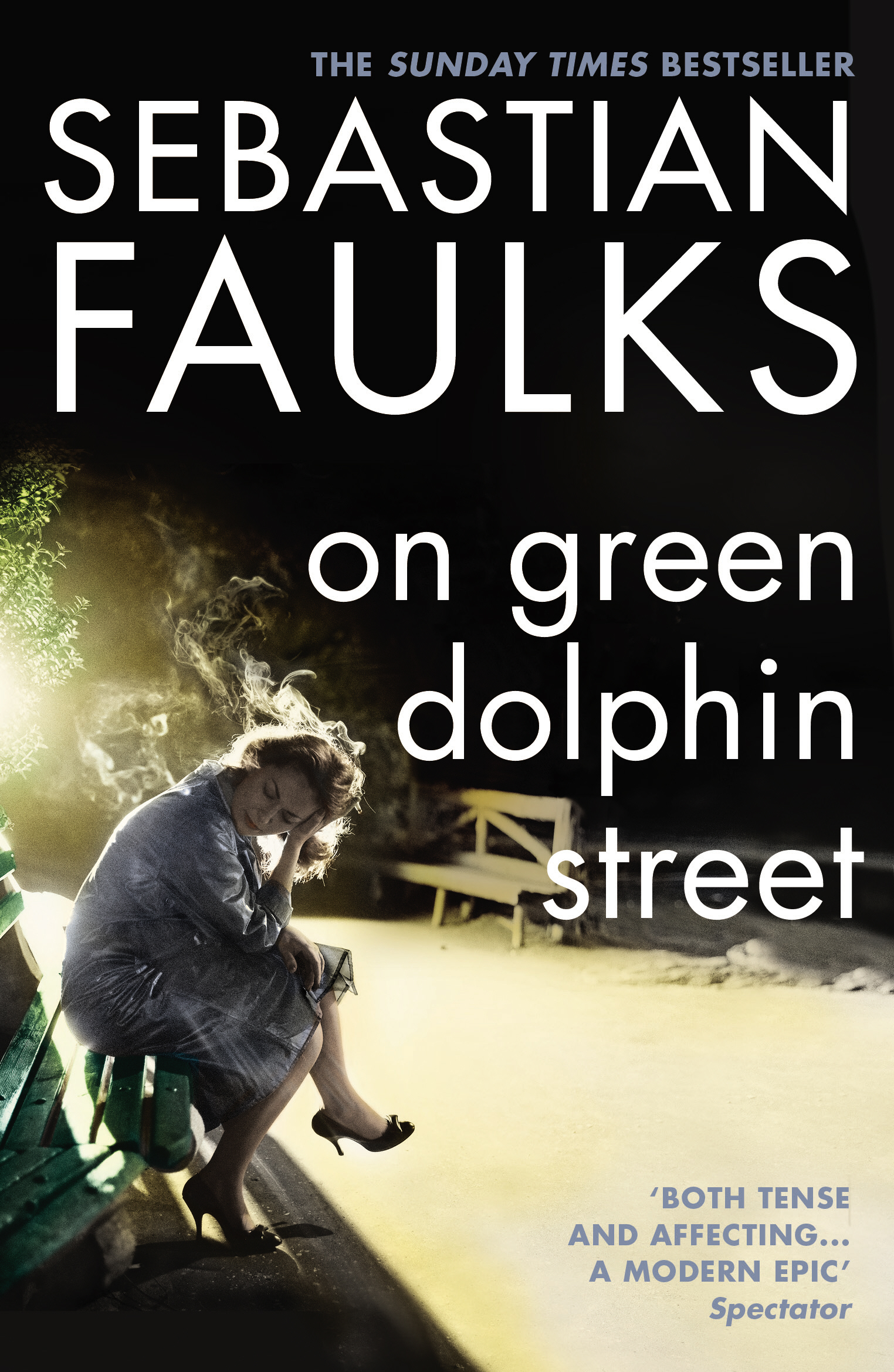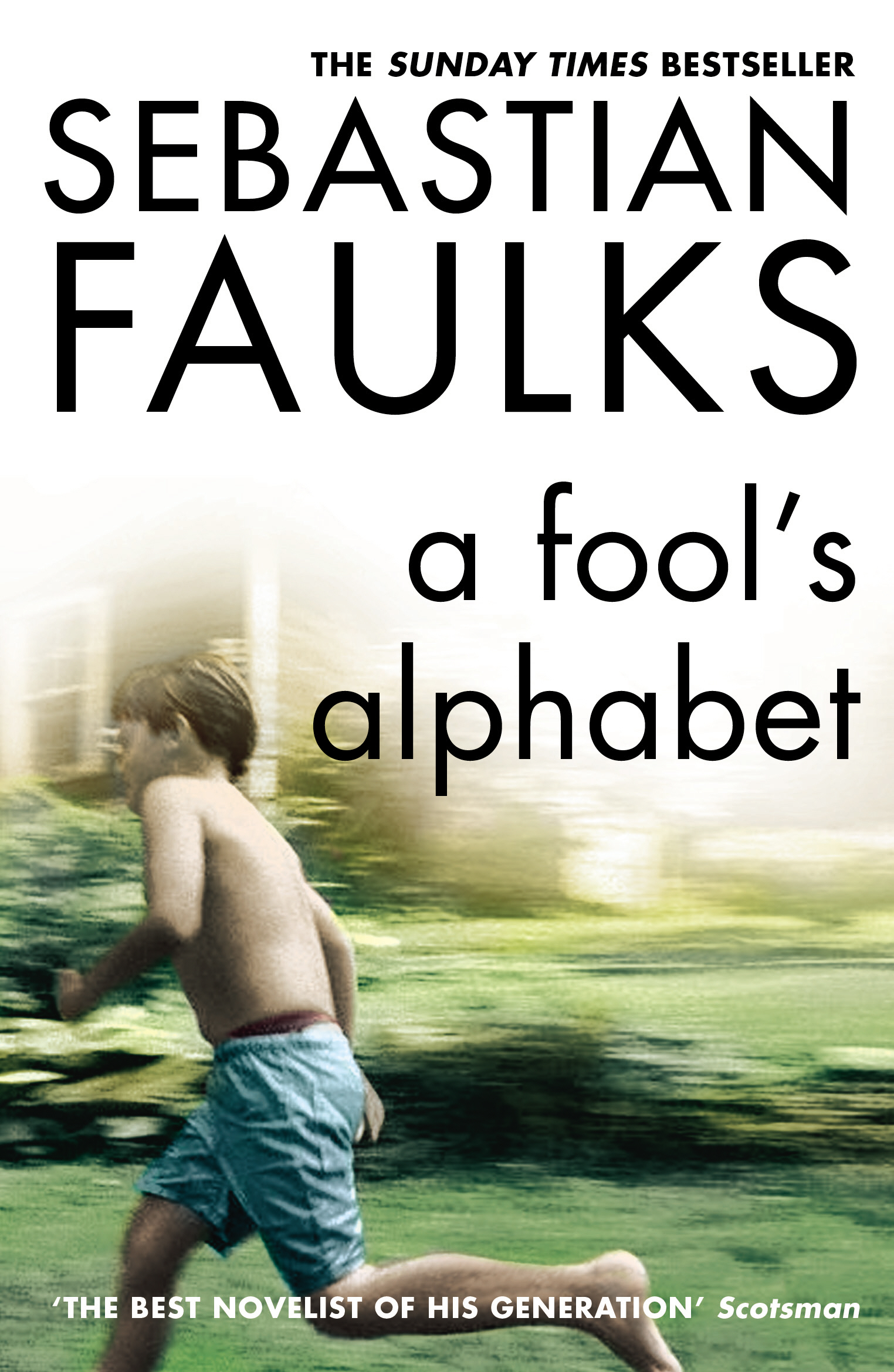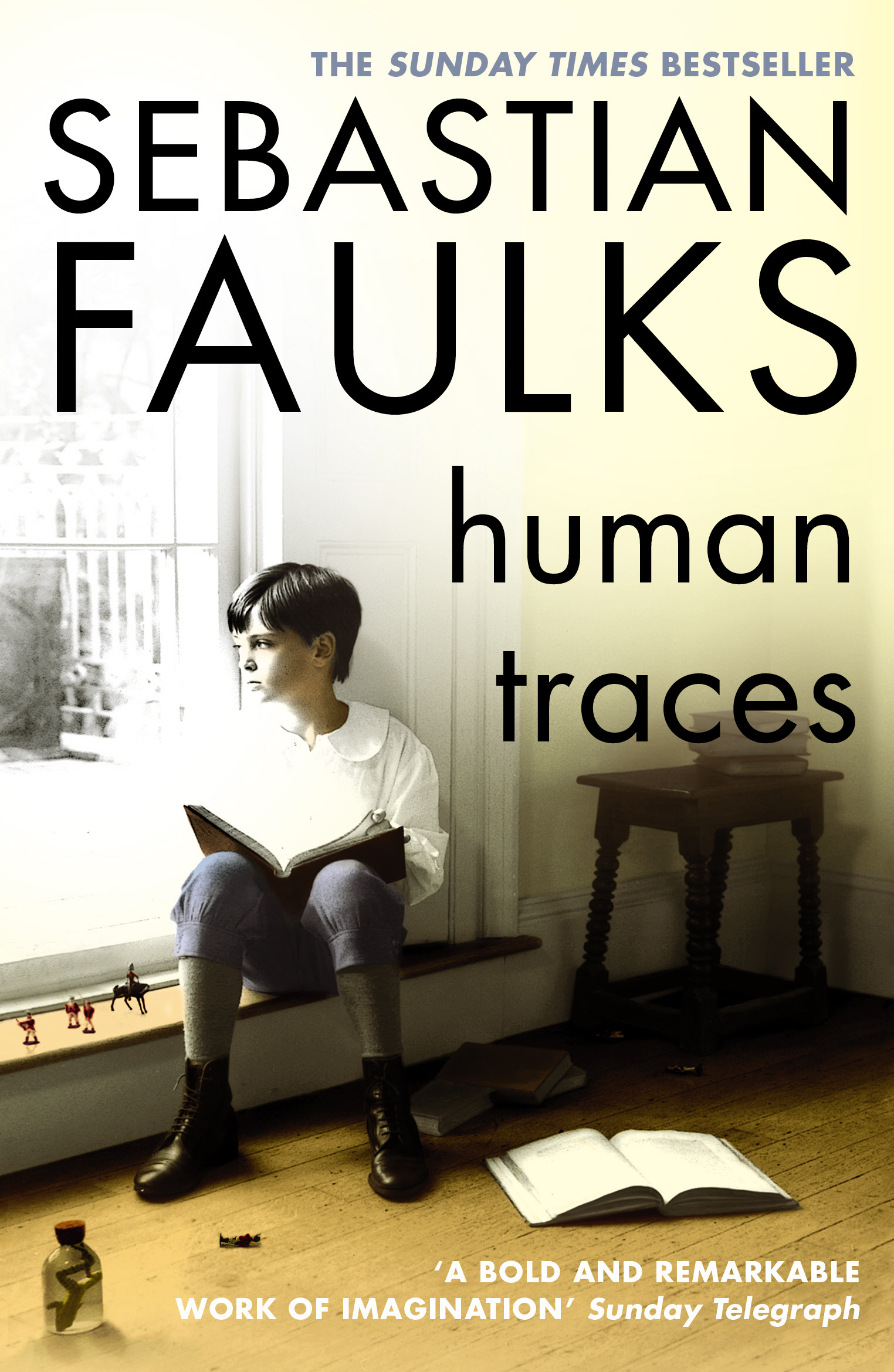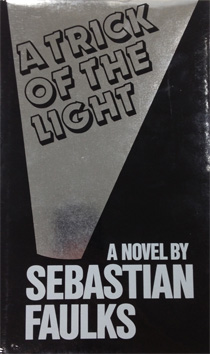The story of Engleby
When Mike begins to speak to us, in the 1970’s, he is a student at a university he declines to name, but which appears to be Cambridge. He is studying natural sciences, having given up on English literature. He is dismissive of his teachers and his contemporaries, with one exception — Jennifer Arkland, a history student whose enthusiasm for life is in worrying contrast to Mike’s crabbed distaste.
Bit by bit, we learn about Mike’s past. He comes from a poor working-class family, but won a scholarship to a private school, where he was brutally bullied. Faulks’s descriptions of the institution caused nightmares to early readers.
Back at university, Jennifer mysteriously disappears, and a police investigation is unable to find her. Having helped on a student film in which Jennifer appeared, Mike is among those questioned. He ridicules the police for suspecting him, though he has in fact purloined Jennifer’s journal in the course of a party at her house.
Time passes, and we see Mike make his way in London, where he becomes a journalist, working first for a left-wing weekly, and later for a national newspaper. In this capacity, he meets and interviews several famous people, including Ken Livingstone and Margaret Thatcher.
The star of the show, however, is Mike himself. Whether he is talking about evolution, pop music or politics, his dry brilliance seems able to sum up and dismiss all aspects of the society he reluctantly inhabits. But there is something unsettling about him. Even as his career in journalism begins to take off, he drinks huge quantities of alcohol and is addicted to numerous pills. His memory for the past is encyclopaedic (he can, for instance, remember huge sections of Jennifer’s undergraduate diary), yet also patchy. Flashbacks begin to fill in the background of his earlier life in a disturbing way. The reader is repelled by him, yet drawn in by the way he is prepared to say the unthinkable.
For all the social satire and the close observation of contemporary mores, it becomes clear that Engleby at heart is a meditation on human consciousness. Mike Engleby’s own voice – unregenerate, uncompromising – rises above the extraordinary circumstances in which he ultimately finds himself. It is the unpalatable, uncomfortable truths that he has given voice to that continue to echo in the reader’s mind.
Engleby’s modernity and wit brought Faulks a new generation of readers, among whom it is still a favourite.


